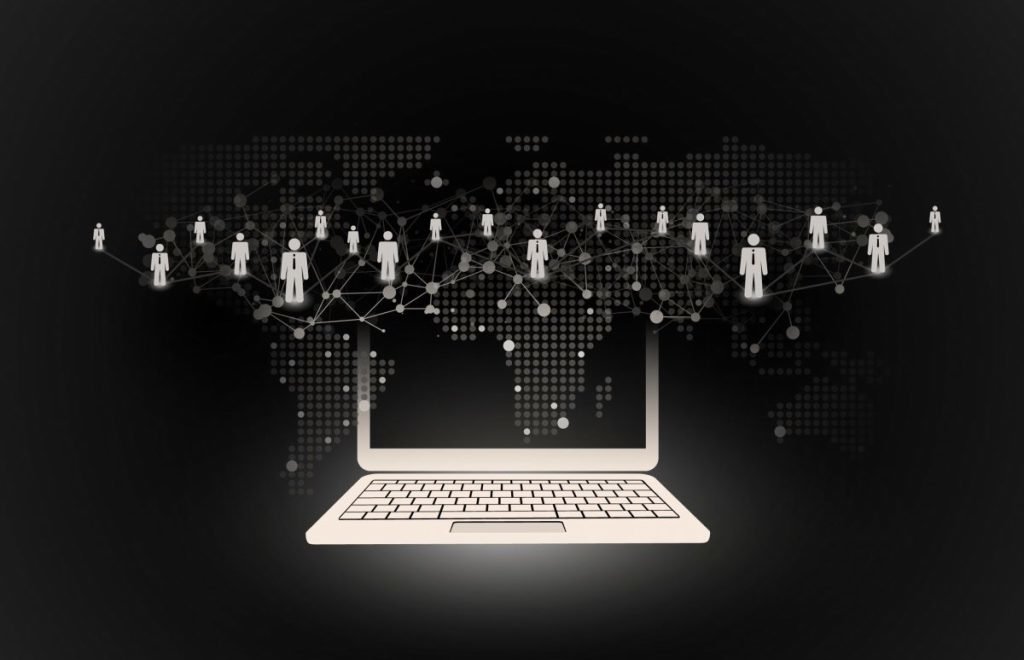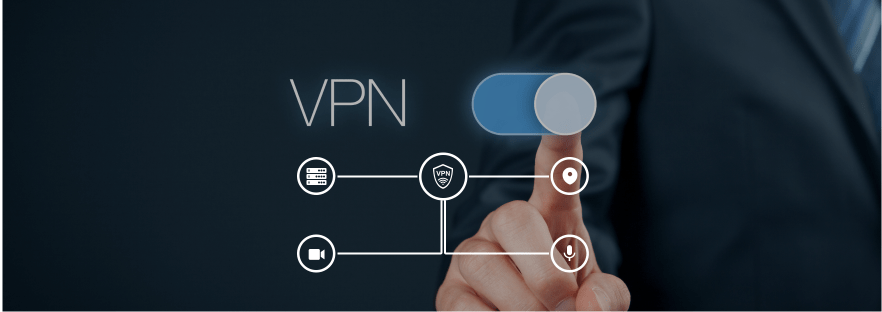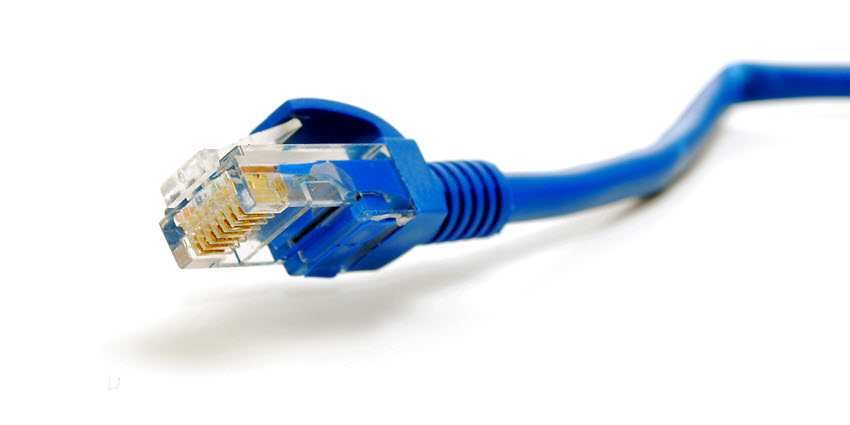A VPN connection is meant to secure your privacy onlinenetwork, but does your provider care to know if you're using a VPN and what data they can collect?
VPN means Virtual Private Network, i.e. virtual private network and is an intermediary between you and the website you are visiting so that your real IP is not visible.
But this connection is also mediated by other factors, such as your internet service provider (ISP).
Websites you visit through a VPN won't be able to recognize your IP address, which means you can "pretend" you're in a different country, or simply not be able to identify you with a unique IP.
But you're wondering what your ISP can see and if it matters. Let's go see it.
Can your ISP see if you're using a VPN?

The answer is simple: Yes, your ISP can see that you are using a VPN.
Since the IPs used by a VPN service are not secret and any user can compile a list of a VPN's available IPs, the ISP can also know these IPs.
Generally when you use the internet, you connect from your computer to your ISP's system, which in turn connects to the IP you want. If you are not using a VPN then this IP corresponds to the website you are visiting.
When you use a VPN then the IP belongs to the VPN service and it then directs you to the website you want.
This is how the ISP knows if you are using a VPN or not. Accordingly, the final website, when it receives a request, records the requesting IP.
If you use it a VPN server then the VPN's IP address is logged, thus fooling it into thinking you are someone else, somewhere else. Note, however, that without activating it incognito mode, you could very easily still be recognized.
What does your ISP see?

VPNs are different from proxies as they encrypt your connection through what is called a secure tunnel.
This encrypts the connection from your computer to the VPN's server, usually using an advanced encryption method such as AES-256, which, in theory, can only be broken by someone with a few billion years at their disposal.
The tunnel works so that the website you're visiting can only see your fake IP address (the VPN's IP address), but it also works the other way around. When an ISP looks at your connection and asks to know where it's headed, all it gets is some random garbage.
It can see that you are making a connection, it can even understand the IP address you are connecting to, but nothing beyond that.
Of course, returning random junk is another telltale sign that you're using a VPN. An ISP can very easily figure out which connections lead to a VPN this way as well. It just looks at the ones that send a lot of encrypted data back.
When your ISP can't directly see what you're doing, they may be able to make a guess about some of your activities based on data usage patterns; and the amount of data you traffic. Does this sound strange to you?

If you set up a torrent server in your home the ISP will eventually realize that you are doing peer to peer connections, since you will be transferring too much data during non-working hours, in a pattern that matches the hourly traffic of the torrent sites and when it comes out a new illegal file (movie, app, 0day, music etc). Accordingly, he will understand if you are in the scene or share it via streaming.
In the past for Greece this was an elusive dream, but now with optical fibers and with connections that are at least 100 mbps you can easily turn your connection into a data center (illegal and not).
But ISPs aren't dumb. There are similar methods of analyzing how much data you use, when you use it, and how long the data is used for, which can provide insight into what you're doing, even if it's not directly observable, not even to you.
Do ISPs care if you use a VPN?

The answer depends on your geographic location. In most of the world, we can assume that ISPs generally don't care. Whether you connect to a VPN server or a random website is probably the same for them.
After all, many people use VPNs to remotely connect to work networks. A VPN used for privacy or illegal purposes looks much the same.
But if you live or are just a tourist in countries with authoritarian regimes, such as China, Iran, etc. then you are probably being watched. Leave that there are still countries where using a VPN is illegal.
In these countries, most ISPs will either be state owned, or have some sort of state control which means there is a chance someone is controlling the connections.
Do ISPs Sell Your Data?

First of all, let's make something clear. Internet service providers (ISPs) monitor and record everything you do online, everywhere in the world, even in Greece.
Basically ISPs track the connection time and date, the physics your location when using a mobile device, unencrypted email conversations, web searches and files you download (including torrents and streaming), all social media data, web applications you use and passwords.
And indeed from all your devices connected to your router, even from IoT, such as intercoms, vacuum cleaners, cameras, etc.

Of course ISPs are required by law to keep their customers' data, and monitor their online activity for a certain period of time for the purposes of fighting crime and terrorism.
One can easily imagine that the above data is marketable. Whether they sell them to third parties or not, we can't say for sure. Not without fear of lawsuits.
They shouldn't be happy though, as you're cutting them off collectionof data.
Whether you use a VPN or not is up to you. But by using it you reduce the information that the ISP keeps about you.






vpn is also needed for security, if any computer is infected with malware, then everywhere, even in your home network, you are safer because your own computer rejects all attempts of the malware to connect to your computer.
Is there a VPN reliable enough that it doesn't market the information it collects about us? Also another question some people told me that they made their own VPN in windows is this true
1. On the one hand we can't put our hand on fire for anyone, on the other hand we do vpn reviews from time to time, so look for our respective articles.
2. There is no vpn concept under a peer group. For learning purposes, anyone can make whatever they want, but it will clearly fall short of the full support in machines, connections, security, of a company. Plus they'll be watching you.
For personal use it is very easy to make a vpn and securely connect your office to your home. Windows itself supports it. Or try it Open VPN.
Thank you Giorgos Kanellakis.
When we change DNS, can the ISP still know all the above information???
Changing the DNS server is a quick fix, but it will not effectively prevent ISP tracking. It might make it a bit difficult for him, but….
So, in order to get a better result from the ISP, we have to put the VPN on the router?????
Is it enough only on the computer???
If you have a router that supports vpn, then it's better to connect it there.